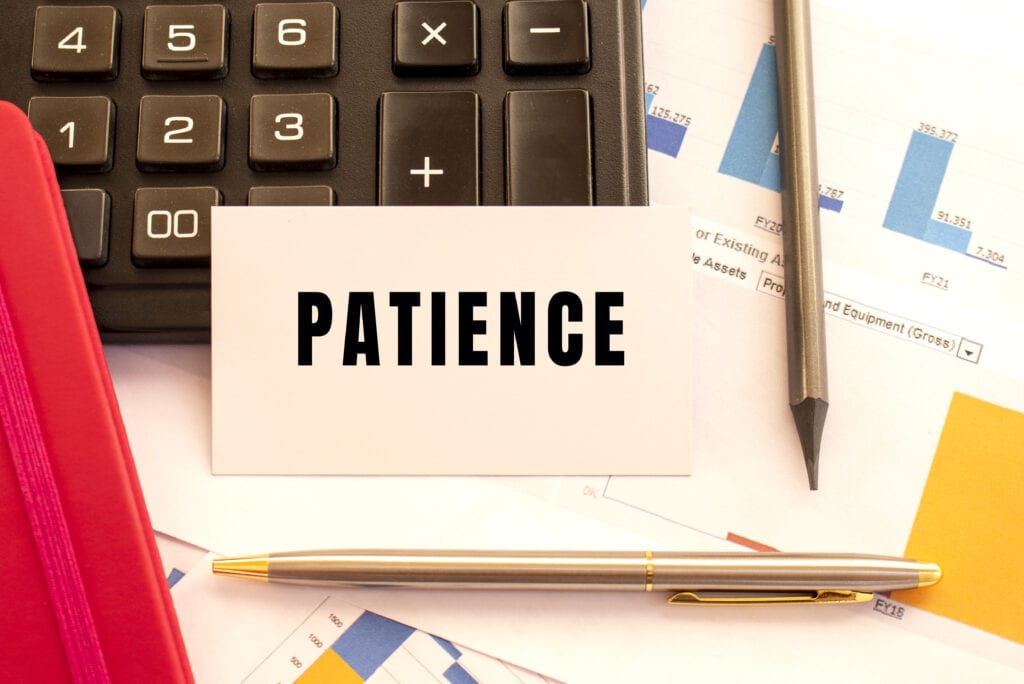4 Business Start-Up Mistakes & How to Avoid Them

Let’s deal with the elephant in the room. Business start-up mistakes.
You’re excited about starting a business. The last thing you want to do is to focus on the most feared “F-word” in business: “Failure”.
To be successful in any business, plan early for potential bumps in the road, the better chances you’ll have in avoiding them.
Understanding these common missteps and proactively addressing them can put you in the driver’s seat of your business.
So, let’s take the bull by the horns and face the statistics.
Those Ugly Stats
The Small Business Administration reports that 20% of all new U.S. businesses fail within the first year. With the right planning and training, they might have been avoided.
So, don’t panic! There are plenty of resources available today. They can walk you step-by-step through the planning process so you can start your business off the right way.
The 4 Most Common Business Start-Up Mistakes

1. Cash Flow Issues
29% of businesses fail because their business owners did not adequately plan for the level of initial start-up business investment, their daily operations cost or the start-up time required to earn sustaining income.
Few of us love dealing with budgets, but it’s a must when you are in the pre-start-up phase. If completing a budget is overwhelming, ask for help.
Start with small business organizations like SCORE (score.org) or the Small Business Administration (sba.gov) to get the 411 on budgets and other important planning tools.
They offer free classes, downloadable business forms, options to fund your business, mentorship and many other resources to make sure you are prepared and have a fighting chance to succeed.
After all, over 50% of US businesses are small business. We’re the engine behind our economy, providing jobs, services and/or products that sustain our communities.
One of the benefits of doing a thorough financial planning and budget exercise is that it shows you the areas that are most crucial during start-up, and which ones can wait until your business is generating consistent income.

2. Lack of demand for product or service.
You can be super passionate about a product or service, but if you don’t have many people needing them, you’ll find yourself in trouble very quickly.
It’s important to get clear on who your Ideal Client is. Where can they be found in your community? Who will be your primary competitors?
In the Senior Downsizing Specialist Training Program, my students spend quite a bit of training time in these specific areas before launching their businesses.
Luckily, senior downsizing assistance is one of the “golden opportunity” businesses available today due to its rapidly growing client base. But, without getting clear on all the potential clients that are available within their community, they could be missing critical growth opportunities.

3. Problems Attracting the Right Team
A recent LendingTree.com report states “Considering that 23% of those whose businesses failed have cited having the wrong team as a major factor, it’s important to think carefully about who you’re turning to as you build your venture. Once you’ve got the right team in the door, put quality, well-considered training in place so they know what is expected of them and how to accomplish it.”
For those considering a Downsizing Specialist career, attracting the right team is even more important because you are working with clients who are undergoing significant stress from transition.
It takes a special type of person to understand the emotional and physical context a downsizing move can create for seniors in their later years.
My program includes training on the best sources for finding staff that have the right values, personality characteristics, and technical skills for the downsizing industry.
I’ve found that it’s easier to teach technical processes and skills to a person than try and manage a person who doesn’t have the right personality traits, like patience, loyalty, or compassion.
Your staff is also one of your best advertisement sources. Great staff make a downsizing experience not only tolerable but fun, and are worth their weight in gold! Your clients will remember the positive experience and spread the word.

4. Not Researching the Competition
Researching your competition should be one of the first steps you take when you consider starting a business.
You can’t effectively structure your services, pricing strategies, or understand how to position yourself as a brand, before you know where you stand against similar businesses in your community.
Here’s where doing a comprehensive competitive analysis is essential. Use it as a tool to identify what it is about your business that sets it apart from others.
A thorough competitive analysis can tell you a lot of things about a competitor, where they are missing business opportunities or failing to adequately serve their clientele.
Don’t be intimidated by a competitor that’s been in business a long time. Often, a larger business gets complacent when they think they “have it all wrapped up”. New service opportunities are always available. Dig a little deeper until you find them, then create new ways to approach them that are fresh and innovative.

Be Patient
It takes time to develop your client base if you are in a heavily competitive field. But stick with it! Focus on finding ways to blow past them by providing consistent, quality service.
It doesn’t matter how big or small you envision your business to be; give highly personalized and compassionate service and you will grow your business!
I’ll be addressing other potential business start-up tripping points and addressing them in upcoming blog posts. So, stay tuned!
For more information on what’s included in the Senior Downsizing Specialist Training Program and how it can save you time, money and make your start-up process less stressful, go to www.thedownsizinginstitute.com/courses.
